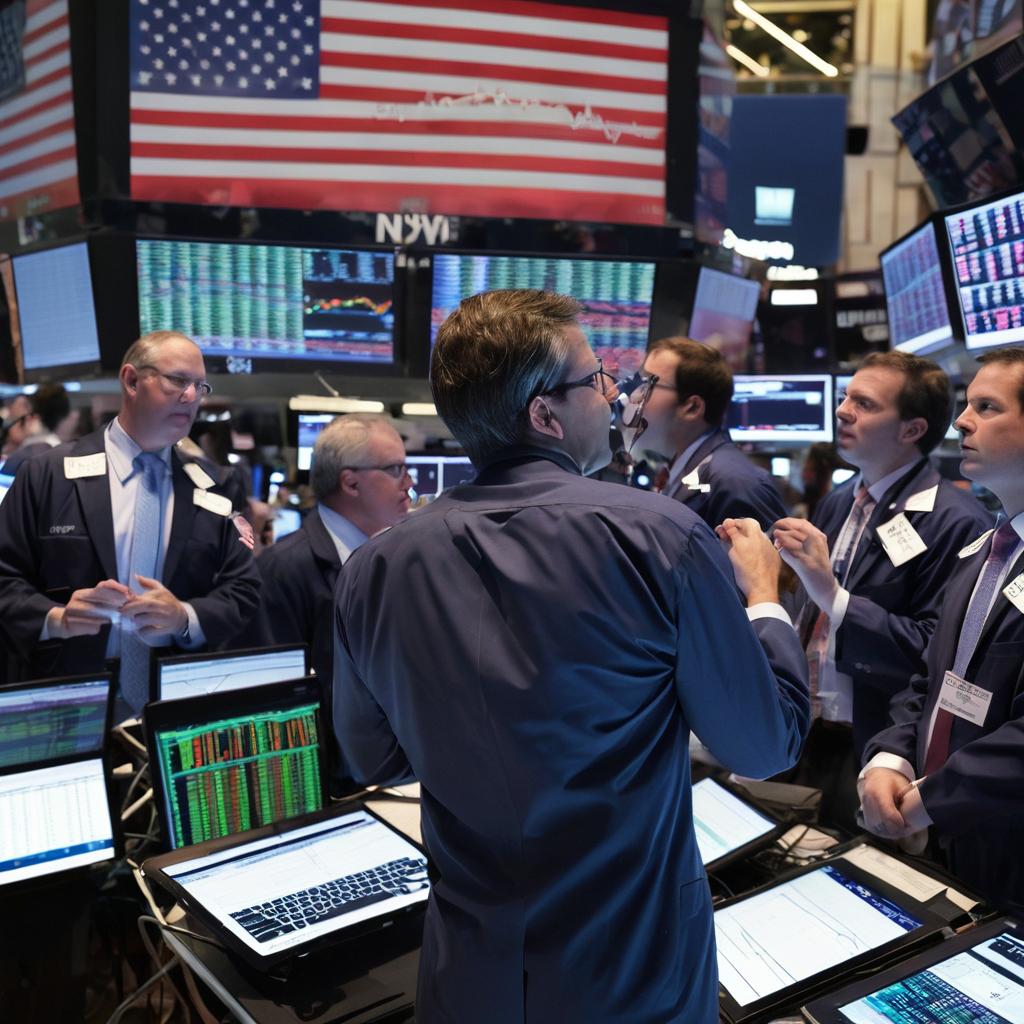Politics plays a significant role in shaping the stock market, as government policies and political events can impact investor sentiment, corporate performance, and economic conditions. In this guide, we’ll explore the influence of politics on the stock market and how investors can navigate this dynamic landscape.

1. Policy Changes and Market Reactions:
- Fiscal Policy: Government decisions on taxation, spending, and borrowing can affect consumer spending, corporate earnings, and investor confidence. Tax cuts or increases in government spending may stimulate economic growth and boost stock prices, while tax hikes or austerity measures may have the opposite effect.
- Monetary Policy: Central bank actions, such as interest rate changes and quantitative easing programs, influence borrowing costs, inflation expectations, and asset prices. Lower interest rates typically support stock prices by reducing the cost of capital and encouraging risk-taking behavior among investors.
2. Politics Regulatory Environment:
- Industry Regulations: Changes in regulations affecting specific industries, such as healthcare, technology, or energy, can impact company earnings and stock valuations. Investors must stay informed about regulatory developments and assess their potential implications for affected companies.
- Financial Regulations: Government oversight of financial markets. Including measures to enhance transparency, prevent fraud, and ensure market stability, can influence investor confidence and risk appetite. Regulatory changes may lead to short-term market volatility as market participants adjust to new rules and requirements.
3. Geopolitical Events and Market Sentiment:
- Trade Policies: Tariffs, trade agreements, and geopolitical tensions can disrupt global supply chains, hinder international trade, and affect corporate profits. Trade disputes between major economies, such as the U.S. and China, have led to market volatility and uncertainty about future economic prospects.
- Geopolitical Risks: Political instability, conflicts, terrorism, and geopolitical events can create uncertainty and risk aversion among investors. Leading to flight-to-safety assets like gold and government bonds. Heightened geopolitical tensions often coincide with periods of increased market volatility.
4. Politics Election and Market Expectations:
- Election Cycles: Elections, particularly presidential elections. Can influence investor sentiment and market expectations. Investors may react to perceived policy differences between political candidates and their potential implications for economic growth, corporate profits, and regulatory environment.
- Policy Agendas: Investors closely monitor election outcomes and policy agendas to assess their impact on specific sectors, industries, or asset classes. Changes in government leadership or party control may result in shifts in market valuations as investors adjust their expectations accordingly.
Conclusion:
Politics exerts a profound influence on the stock market, shaping investor sentiment, corporate behavior, and economic conditions. By staying informed about policy changes, regulatory developments, geopolitical events, and election outcomes. Investors can better understand the potential risks and opportunities in the market. However, it’s essential to maintain a diversified portfolio, focus on long-term investment goals, and avoid making knee-jerk reactions to short-term political developments.
